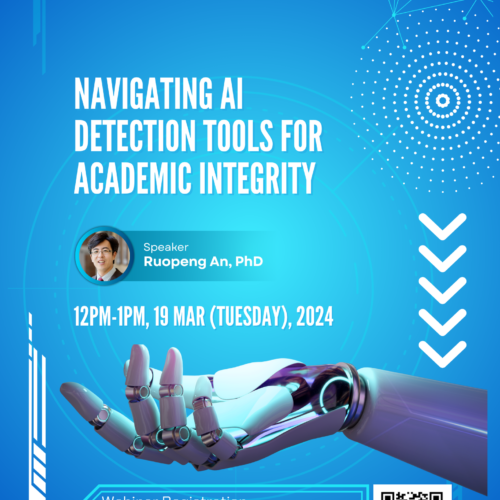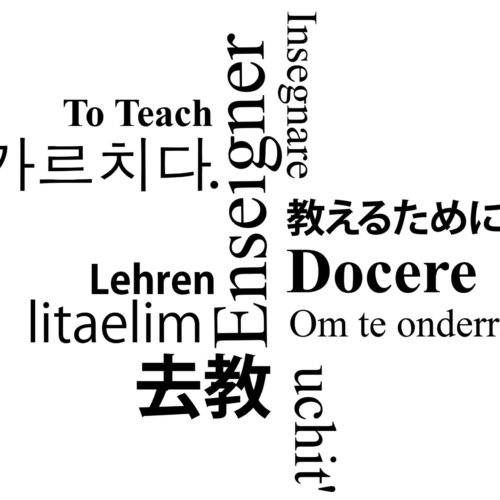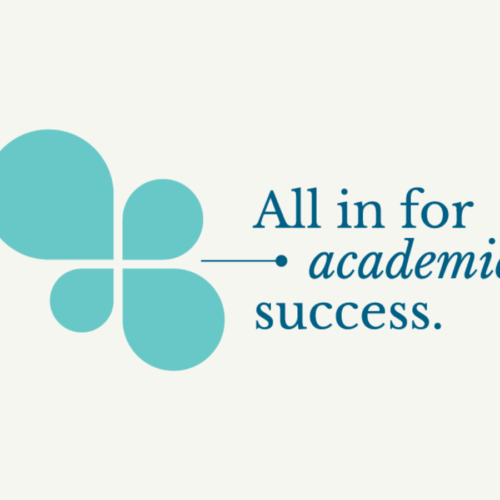English Literature Professor Highlights Technology in the Humanities
“I want students to go away from my classes with a more capacious understanding of what it might mean to be a lower-case ‘c’ critic of literature,” said Melanie Micir, Assistant Professor in the Department of English at Washington University in St. Louis. Micir teachers undergraduate and graduate courses at the university on modern and contemporary British literature. She is an affiliate faculty member of the Department of Women, Gender, and Sexuality Studies, and she is involved with the Humanities Digital Workshop.
Micir was recently awarded a Classroom Innovation Grant from the College of Arts & Sciences at Washington University to support her Spring 2018 course, “The Contemporary Novel.” A first iteration of the course allowed students to develop a podcast and interview literature scholars about their academic work and careers. The first four episodes of the podcast are available to the public.
Micir has a Ph.D. in English from the University of Pennsylvania. Her first book, The Passion Projects: Modernist Women, Intimate Archives, Unfinished Lives, will be published this year by Princeton University Press.
In an interview with The Teaching Center, Micir discussed her multi-faceted approach to teaching English literature. She also emphasized the importance of technology in the classroom by citing examples from her own teaching.
What inspired you to become a teacher in higher education?
It took other teachers to make me see that this was a possibility for me. I had no idea that graduate school in the humanities was a possibility. There are no academics in my family. It took a few wonderful mentors during my undergraduate days to say, ‘Hey, have you thought about doing this? This might be something you want to pursue.’
Now, when I encounter certain students here, I feel a similar responsibility to say, ‘Hey, you seem uncommonly good at this, at leading your peers in conversation or making difficult, opaque arguments legible to a larger audience.’ I know from having that bestowed upon me that it can change the shape of your life to have your strengths—or even possible strengths—shined back at you.
What was your path toward becoming an English Literature scholar?
It was a reluctant fall on my part. I had the sense for a while that because I’d chosen to go to an Ivy League school that involved financial sacrifice for my family, I couldn’t major in English. For a while, I was pursuing an environmental science degree. I really liked some of the classes, but I was frustrated that I couldn’t take more of the humanities electives that I found myself devoting so much time to. I remember having a conversation over break with my mom in the kitchen, and I said, ‘Mom, I have to major in English Lit.’ She said, ‘Oh thank goodness. We’ve known this for a long time. We’ve been waiting for you to make it apparent to yourself.’
I took a couple years off before grad school. I was trying to figure out what different paths in my life might look like. When I was in undergrad, I mostly took classes in English Literature concentrating on early modern literature. I followed a cadre of amazing feminist teachers at Columbia University. But I realized when I applied to grad school that I wanted to study 20th– and 21st-Century British Literature.
For the record, I am still interested in environmental studies. In the fall, I taught a class on the environmental crisis novel. This semester, I’m co-teaching an advanced course, ‘Fictions of the Anthropocene.’
What inspired you to start a student podcast for your class?
I ran the podcast during the first iteration of an advanced course called Contemporary Fiction. One of the things I wanted to do in that course was break down the divides between formal scholarship and the more popular literary and cultural critics we encounter on a daily basis. So, in the class, we read a bunch of novels and scholarship, and we also read a bunch of public-facing critics who publish in more popular publications like the Los Angeles Review of Books. I felt a responsibility to the graduate students in the class to show them that whatever happens after you graduate, you can still publish about topics you’re interested in. I saw the podcast as a way to put them in conversation with scholars about recent scholarship in the field and have them pitch that conversation to an audience of their peers.
Students got to choose from a list of recent monographs about some aspect of contemporary fiction. Depending on who read what, I split them into groups, and they came up with questions for that scholar about their academic work, broader questions about contemporary literature, professional questions about how they got from A to Z, and what they see as important intellectual work right now. They then edited the responses into a coherent conversation that people not steeped in the discourse of the class could follow.
My students knocked it out of the park. They picked up the basic parameters of the assignment, ran with them, and were excited to produce something they could circulate beyond the bounds of the classroom. Go listen to their podcasts!
How does technology play into teaching in the humanities?
I am biased because I am someone who has brought podcasts into the classroom and has worked several summers with a team of students, staff, and faculty at the Humanities Digital Workshop. I am of the opinion that technology is part of the fabric of our world and therefore can and often should be integrated into the classroom. There are benefits and ills, but that’s the world we live in now. There are times when I want to close things off and have them do one thing and one thing only, but my classes are generally full of movement between the page and the screen. Nothing is exiled.
Who are some of the teachers who have most inspired you, and why?
The person who immediately flashes into my mind is my undergraduate mentor, Julie Crawford. She’s been a longstanding model of how to teach and how to model intellectual enthusiasm.
There’s been a lot of publicity recently about difficult graduate mentors, and I have to say that I was extremely lucky because my entire graduate committee was professional and supportive, and modeled the kind of scholar and person I want to be. They showed me how to ask questions that were both searching and generous and how to assume that the process of interacting with colleagues or students should be one in which you’re trying to collaboratively produce the best possible version of a paper, project, talk, or idea.
What do you hope students take away from your classes?
I want students to go away from my classes with a more capacious understanding of what it might mean to be a lower-case ‘c’ critic of literature. The variety of ways in which they do this, from talking to their roommate or family about the books they’re reading to posting on whatever social media platforms are currently in vogue to polishing an essay for a literary journal – to me, they all count as important forms of cultural criticism. I want them to feel confident that they have something to say about the books they read and the place of those books in conversations about the broader world.
What advice do you have for aspiring teachers?
I’m going to repeat something that one of my mentors said to me that has stuck, which is, teaching stays hard. You think when you’re first starting out that it’s only hard because you’re new to it. Certain things get easier and you gain more confidence the longer you do it, but I also think it’s supposed to stay hard because every time you teach, you’re meeting a new group of students in a new place with different texts. I like the idea that if it starts to feel easy, that means I’m doing something wrong. It should be and stay challenging.





